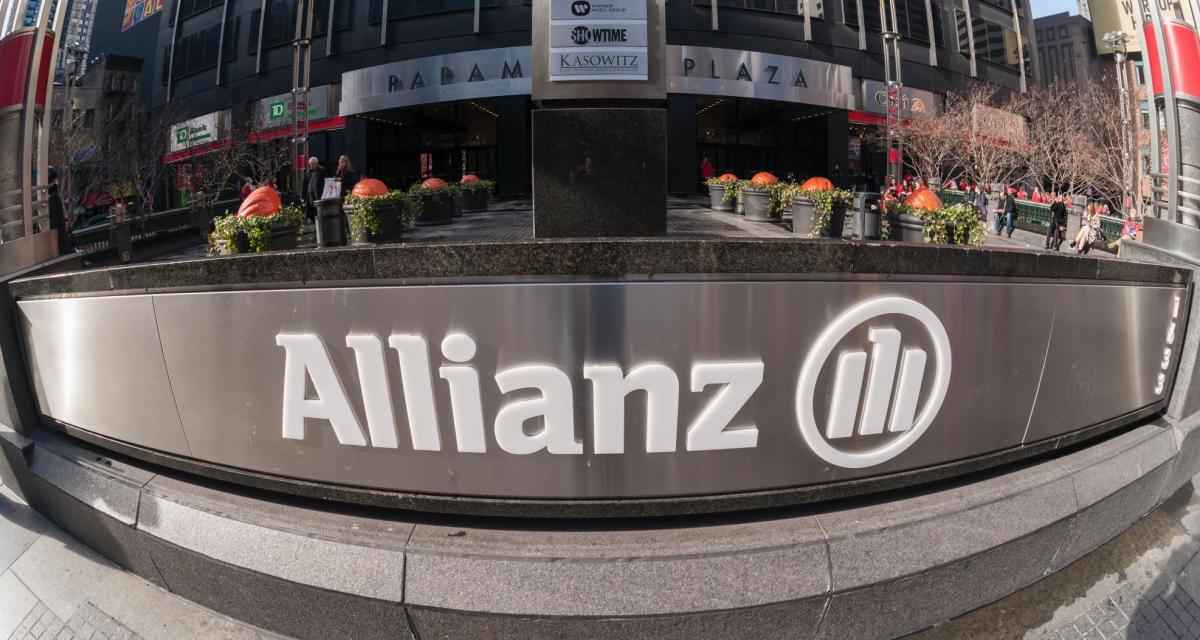Apple Car Unlikely to Go Into Mass Production in Next Few Years: Ming-Chu Kuo
Apple has been launching its regular slate of products — most recently the iPhone 15 series, the Apple Watch Series 9, the Apple Watch Ultra 2, and a refreshed pair of AirPods Pro — without noticeable hitches, but its long-gestating, ambitious electric vehicle faces an uncertain future. Riddled with repeated delays and development problems, the Apple car project, internally known as Titan, seem to have hit new hurdles. According to prominent Apple analyst Ming-Chi Kuo, Apple’s car plans have “lost all visibility,” and the Cupertino, California-based tech firm must look at alternate strategies to make headways into a highly competitive automotive space.
TF Securities analyst Kuo, in a post on X on Wednesday, cast doubts on project Titan, Apple’s bet on a self-driving electric vehicle. “The development of the Apple Car seems to have lost all visibility at the moment,” Kuo’s post read. “If Apple doesn’t adopt an acquisition strategy to enter the automotive market, I doubt that the Apple Car can go into mass production within the next years.”
The development of the Apple Car seems to have lost all visibility at the moment. If Apple doesn’t adopt an acquisition strategy to enter the automotive market, I doubt that the Apple Car can go into mass production within the next years.
—
Apple…— 郭明錤 (Ming-Chi Kuo) (@mingchikuo) September 27, 2023
Kuo’s comments seem to suggest that Apple must seek a partner with expertise in the automotive industry to collaborate and help see through its car project to market. It’s worth noting that Apple officially has not commented or confirmed its plans to bring an electric car to consumers. The Apple car, however, remains an open secret in the tech and automotive industry, especially as Apple has sought out talent in the same field over the past few years. Tesla CEO Elon Musk said as much way back in 2016. “It’s pretty hard to hide something if you hire over a thousand engineers to do it,” Musk had then said over Apple’s plans to rival Tesla in the EV space.
Kuo did not elaborate on his claims in his post on X (formerly Twitter), but his comments are in line with the widely reported stuttering development on Project Titan. Back in December last year, Bloomberg had reported that Apple had delayed the launch of its electric car to 2026, missing its expected 2025 target. Far more concerning was the claim that the tech giant was pulling back on plans of an advanced self-driven electric car as present technology reportedly did not reconcile with the company’s vision for a fully autonomous vehicle. Apple had initially planned for the vehicle to ship without a steering wheel and pedals; that has been put on the backburner in favour of a more traditional car design that would support self-driving on highways.
Apple had also reportedly come down on its pricing estimates for its planned EV and was looking to price the vehicle under $100,000 (roughly Rs. 82 lakh), much less than its initial projections of over $120,000 (roughly Rs. 1 crore). As mentioned before, there has been no official communication from Apple over its car project, with Project Titan reportedly stuck in “pre-prototype” stage without a final design for the vehicle. The only bit of official information related to Apple’s efforts in the automotive space came out when the US announced charges in five cases involving technology theft that allegedly benefited China, Russia, and Iran. These included a former Apple engineer, 35-year-old Weibao Wang, who was accused of targeting the company’s technology on autonomous systems, including self-driving cars, and then fleeing to China.
While plans to release an electric vehicle remain in limbo, it hasn’t stopped Apple from flexing its brand strength, even in a sector where the tech firm is a novice. Even as the company remains years away from launching a vehicle, a survey published last year showed that a sizable number of customers in the US would buy a car from Apple. Surprisingly, Apple came out third in a list of 45 automotive brands considered to maintain a high bar for quality by customers.






